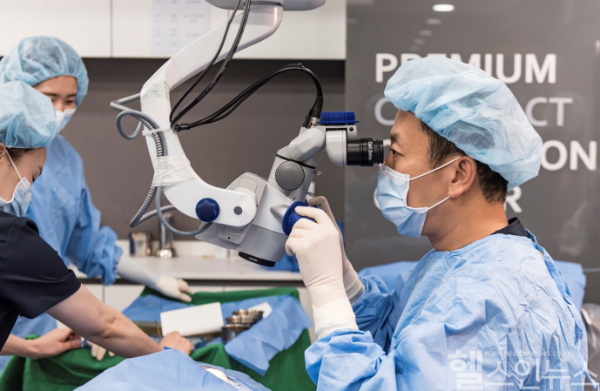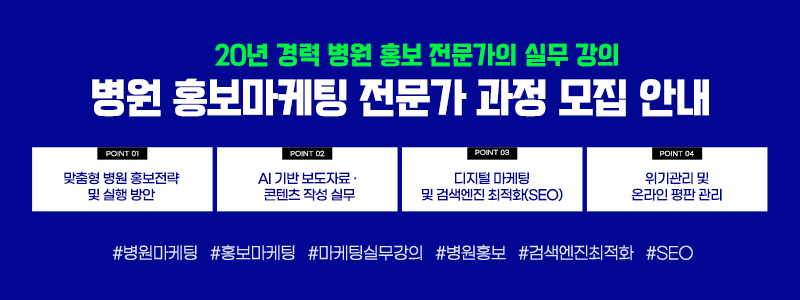Patients who undergo LASIK or LASEK surgery generally expect long-lasting clear vision, yet some may experience a gradual decline in visual acuity over time. While several factors may contribute, myopia regression is frequently identified as the leading cause.
When myopia regression occurs, a detailed assessment is essential to determine the most suitable re-treatment approach. Myopia regression refers to the gradual remodeling of the cornea after laser surgery, which can alter its refractive power and reduce visual clarity. LASIK and LASEK procedures flatten the cornea to correct refractive errors, but in certain cases, corneal tissue regeneration can lead to diminished visual clarity over time.
Patients with severe or progressive myopia prior to surgery may face additional challenges. Even if the cornea remains stable post-surgery, elongation of the eye’s axial length can cause myopia to worsen.

When regression occurs, vision can often be restored through re-treatment. The condition of the remaining corneal tissue may dictate a different surgical approach for the second procedure. Repeated laser-based corrections on an already-thinned cornea carry risks, prompting many ophthalmologists to recommend EVO+ ICL (Implantable Collamer Lens) surgery as a safer alternative.
EVO+ ICL surgery involves placing a specialized lens behind the iris without altering the cornea, thereby minimizing the risk of regression linked to corneal remodeling. This option is suitable even for patients with thin residual corneas. Additionally, the lens can be removed or replaced if necessary, providing significant flexibility.
Lim Hye Jung, HEALTH IN NEWS TEAM
press@hinews.co.kr


